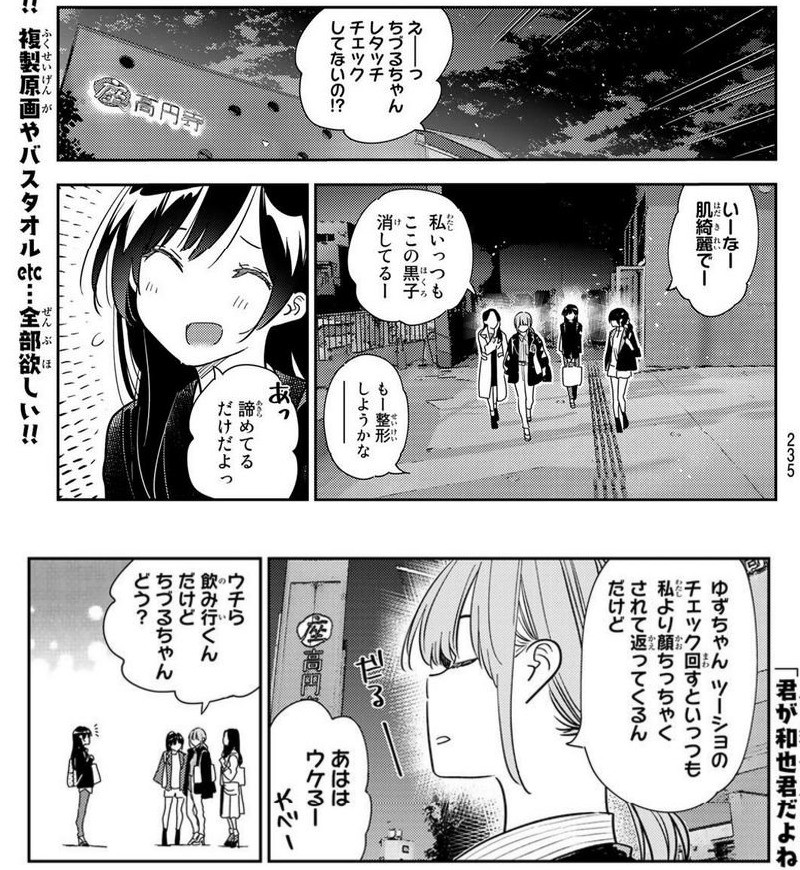For context in the below panel, the girls just took photos together and is heading home. I have trouble understanding the nuance of ...されて返ってくる.
Why されて not して? Why it is passive? Also what 返ってくる means? Does it mean she receives a modified two-shot photo?
P.S. Does 諦めている means already quit?

